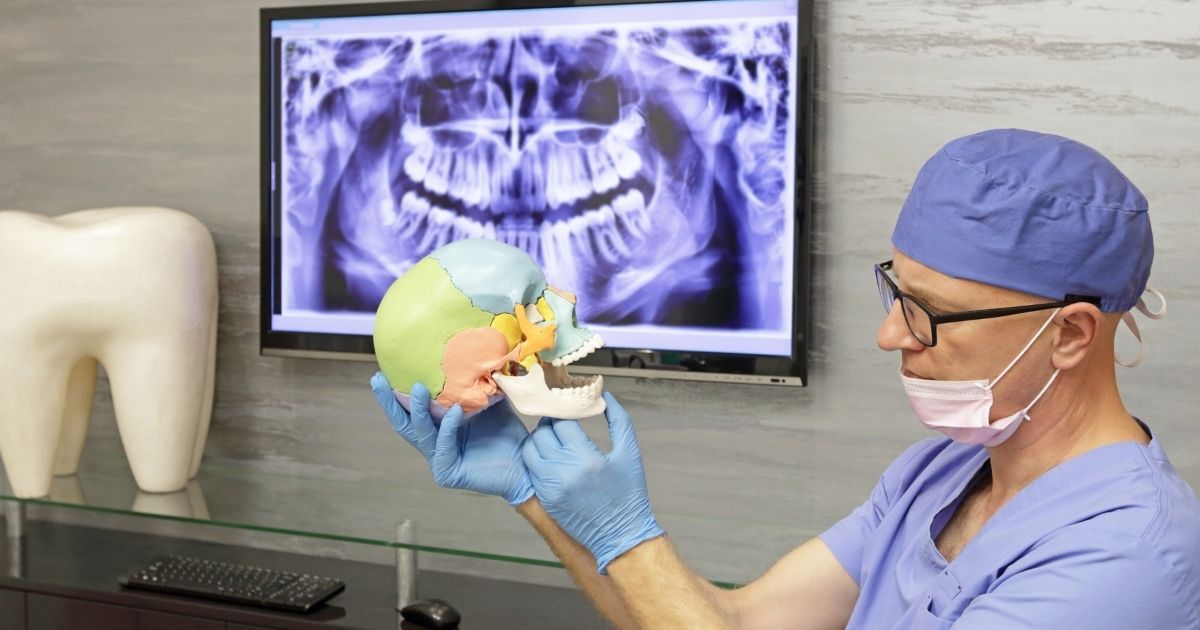The temporomandibular joint (TMJ) connects the jawbone to the skull. One is located on each side of your jaw. The TMJ is complex, acting like a sliding hinge that allows you to talk, eat, and swallow. Disorders of the TMJ are quite common and can lead to chronic pain, bite problems, and other issues. For patients with conditions that do not respond to non-invasive treatments, TMJ surgery can relieve symptoms and improve function. Here are the top five benefits of TMJ[…] Read More
How Can TMJ Surgery Help You?





